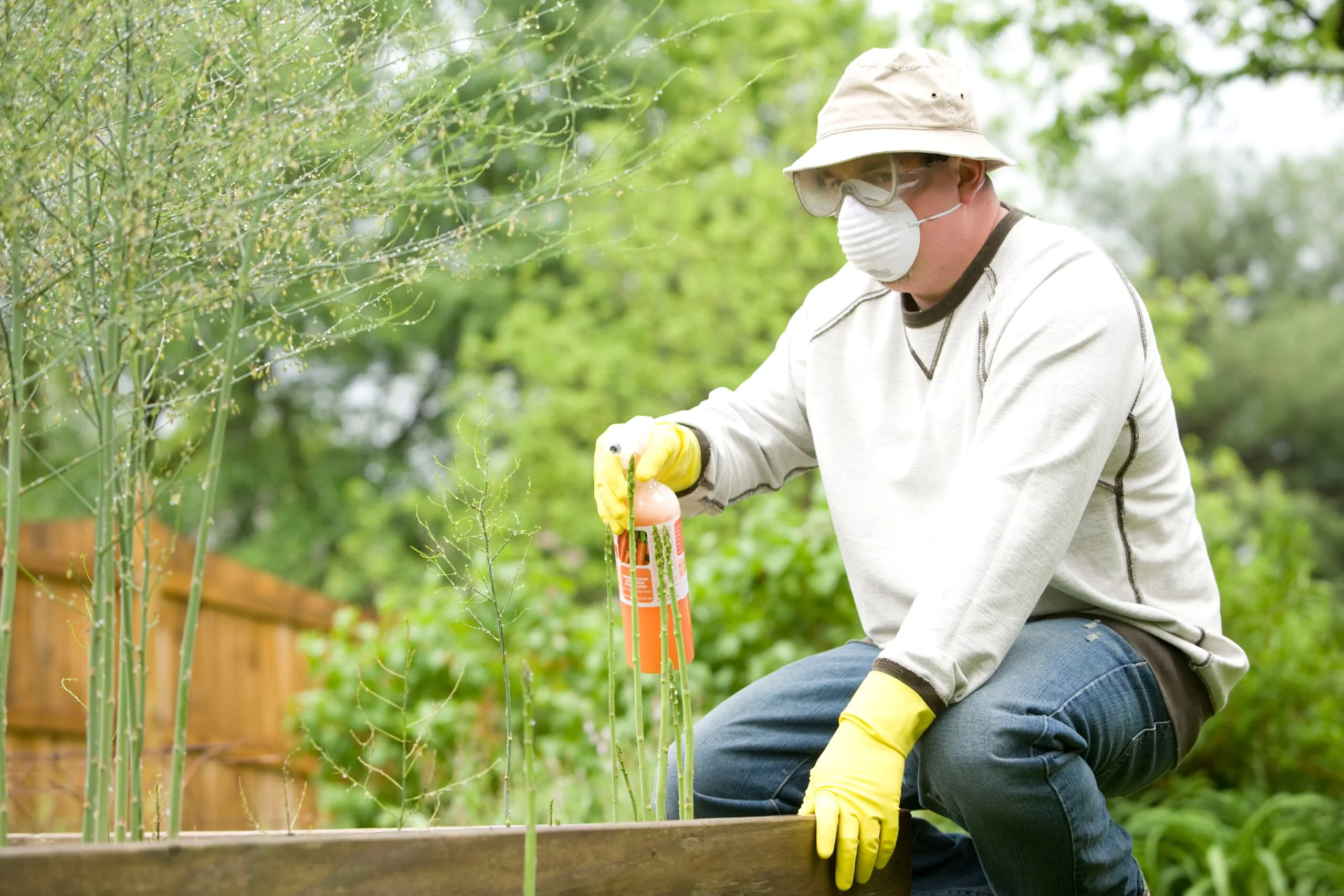Navigating Seasonal Illnesses: A Comprehensive Guide for Families

Have you ever been caught off guard by a nasty cold during the changing of the seasons? You’re not alone. As temperatures and humidity levels fluctuate, seasonal illnesses can be unpredictable and hard to navigate. Families need to take measures to ensure that they are prepared for any possible ailments that may arise.
In this article, we’ll provide a comprehensive guide on how to best prepare for, prevent and treat seasonal illnesses. Understanding the basics of seasonal health can help keep you and your family safe during these uncertain times.
Recognizing the Signs of Seasonal Illness
It’s important to be aware of the signs of a potential seasonal illness. Common symptoms include coughing, sneezing, fever, and fatigue. These symptoms can indicate a variety of illnesses, so it’s important to be mindful of any changes in your health.
In more severe cases, you may experience chest pain or difficulty breathing. If you notice any of these symptoms in yourself or your family members, it’s important to take action right away. This could include seeking medical attention or contacting your local health providers for guidance and advice.
Preventing Seasonal Illnesses
The best way to protect yourself against seasonal illnesses is to take preventive measures. Here are some steps you can take:
- Wash your hands regularly and thoroughly. Make sure you’re using soap and water for at least 20 seconds. Practicing proper hand hygiene is one of the most effective ways to reduce the spread of germs and bacteria.
- Avoid close contact with people who are showing signs of illness. The less contact you have with someone who is sick, the better.
- Stay up to date on vaccinations. Vaccinations are an important part of protecting yourself and others from seasonal illnesses.
- Eat a balanced diet and get plenty of sleep. Making sure your body is getting enough nutrients and rest can help boost your immune system and make it more resilient to illness.
- Exercise regularly. Regular exercise can help reduce stress and boost your immune system, making you less likely to get sick.
- Keep allergies under control by staying away from pollen and allergy triggers. This way, you can reduce your risk for upper respiratory infections.
Treating Seasonal Illnesses
If you or a family member do become sick, it’s important to take action right away. Here are some tips for treating seasonal illnesses:
- Over-the-counter medications can help relieve cold symptoms such as fever, aches, and pains. Be sure to read the instructions carefully before taking any medication.
- Rest as much as possible and drink lots of fluids to keep your body hydrated. When you’re sick, your body needs extra rest and nourishment to help fight off the infection.
- Get plenty of fresh air. Spending time outside can help you get some much-needed vitamin D and clear your lungs of any bacteria or viruses.
- If allergies are a problem, talk to your doctor about allergies treatment options such as nasal sprays and antihistamines. There are also home remedies you can try.
- If your symptoms become severe or don’t go away after a few days, seek medical attention right away. Talk to your doctor or healthcare provider if you have any questions or concerns.
Preparing for Seasonal Illnesses
The best way to stay healthy during changing seasons is by taking preventive measures and being prepared. Here are some tips on how to prepare:
- Have an emergency kit on hand with items such as over-the-counter medications, bandages, and thermometers. This way, you’ll be ready for any health emergencies that may arise.
- Stock up on supplies such as tissues, liquids, bread, and crackers to help reduce the amount of trips you need to make to the store if someone in your household gets sick.
- Clean and disinfect surfaces often, especially during cold and flu season. Wiping down surfaces can help reduce the spread of germs.
- Make sure you’re up to date on all your vaccinations. Vaccines are an important part of protecting yourself from seasonal illnesses such as the flu or measles.
By following these tips, you can help protect yourself and your family against seasonal illnesses so that you can stay healthy during changing seasons. Remember to take preventive measures, prepare for any possible ailments, and contact your healthcare provider if symptoms become severe or don’t go away after a few days.





